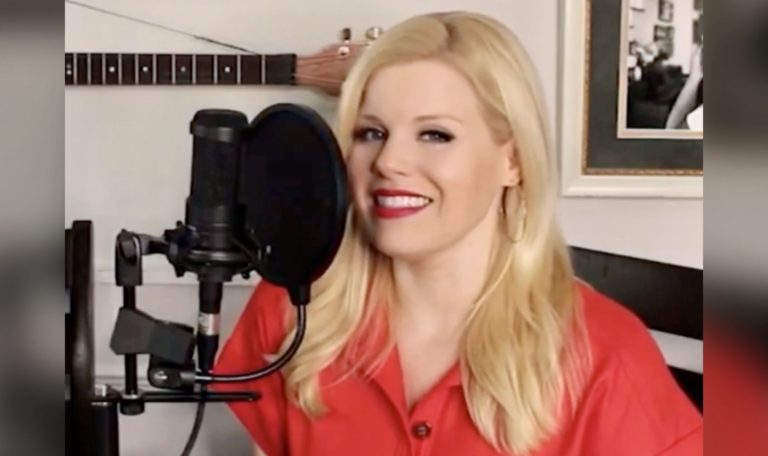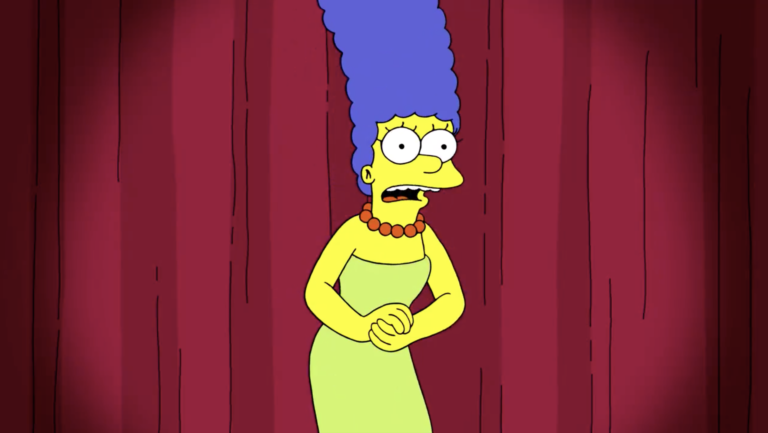POP INTERVIEW: Sir Ari Gold Inspires the LGBT Community Through His Music
 Sir Ari Gold is a champion of gay rights, the singer with the most #1 videos on LOGO and tour mate of artists like Cyndi Lauper. His previous album, Between the Spirit & the Flesh, and upcoming remix album stay true to speaking his mind. Soon, he too will jump on board the 3D music video trend, he says, much like Katy Perry did with “Wide Awake.”
Sir Ari Gold is a champion of gay rights, the singer with the most #1 videos on LOGO and tour mate of artists like Cyndi Lauper. His previous album, Between the Spirit & the Flesh, and upcoming remix album stay true to speaking his mind. Soon, he too will jump on board the 3D music video trend, he says, much like Katy Perry did with “Wide Awake.”
You talk about being Jewish and openly gay. What was life like for a gay teen in the Bronx in the 1990s?
Madonna was my only hope. And the Beastie Boys.
When you were first beginning with demo song material, did you ever feel awkward about singing to a woman in the lyrics or did you view it, whether male or female, as art? Was there pressure from friends, family or people in the music industry to present yourself in a certain way?
Before my first demo, I sang girl voices on “Jem and the Holograms” and “Cabbage Patch Kids,” and didn’t feel awkward at all. I loved it! I never sang to a woman in any of my demos, including my first cassette demo I recorded when I was 12 and sang Stacy Lattisaw’s “Miracles.” After I came out of the closet at age 18, I had my first demo of my own original material that included male pronouns. This was the 90s and I got a ton of resistance from many powerful people in the industry, as well as friends and family. But I also got support from those as well..
What freedom do you believe can be expressed through music?
Music is freedom. Art is freedom. The freedom to express yourself is the ultimate freedom.
You have probably inspired many fans to embrace their LGBT sexuality. What kinds of stories have people told you how your music has changed them personally?
I have a huge file of emails and written letters of all kinds of amazing stories and letters of gratitude from people saying my music helped them to feel better about themselves. It’s the most rewarding part of what I do after the creative process.
What was it like working with Boy George for his clothing line, RUDE? In what way did you see modeling as a performance?
With modeling, it’s a form of performance, because I am “performing” masculinity and gayness and also fashion, even if it’s sometimes only the fashion of the naked body in certain time. I studied the theory of performativity in college, specifically in relation to gender and sexuality, and that’s informed a lot of my work. Working with an icon like George was a dream come true for me. The shoot we did was so much fun and we recorded a couple of songs after that. I love him and miss him and wish he could come back to New York so we can work together again.
What political issues are you concerned with and please explain your involvement in their respective movements?
Right now, my biggest passion is concerned with the self-esteem of gay men, both young and old. My art is political and deals with that. I get involved with organizations like Live Out Loud and the Ali Forney Project, whose LGBT homeless youth need even more help post-Sandy. I also think there’s a lot of work left to be done around HIV/AIDS and drug abuse.
You are getting ready to release your new album – a retrospective of your songs, but as remixes. How did you go about selecting the songs, and why choose to issue remixes, rather than the original versions? Can you tell us more about this album?
These days anyone can put together a playlist of their favorite original tracks, but compiling and mastering unreleased remixes, new remixes and putting some of my favorites in a sequenced album that has a flow–that’s something new. Plus there will be at least one or two new songs. It’s mostly remixes of songs that I’ve released as singles or for which have had videos. I was going to release a DVD of all 10 of my music videos, but I’m saving that for a different project I’m working on. Of course there are still some favorite songs, especially ballads, which remain only on the original albums. But I’ll probably perform some of those live at my next concert.
You recently shot a video for the first single from the album, where you are naked and running through the streets of Manhattan holding a sign that commands other people, in a cheeky way, to play your record. Why did you decide to do this naked? What was the real-time reaction like? What is the meaning behind this song and video?
Cheeky indeed! My ass was out on the streets of New York—in 3D! It was very liberating! It’s a comment on what you gotta do these days to get your music out there. But the concept of the video is fleshed out more in the full version directed by Francis Legge. Plus lots of fun cameos and scenarios—including one that I have never done in any of my released work, I’ll just say that!
Everyone from Clive Davis to Whoopi Goldberg has praised your music and your individuality as an artist. What is it like to be given praise from such influential people?
I work hard to get good pull-quotes!
Music Video: “My Favorite Religion”




Since the admin of this site is working, no hesitation very quickly it will be famous, due to its quality contents.|